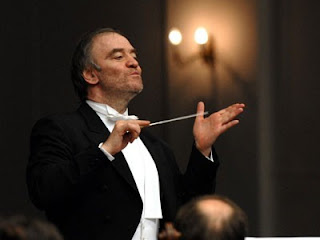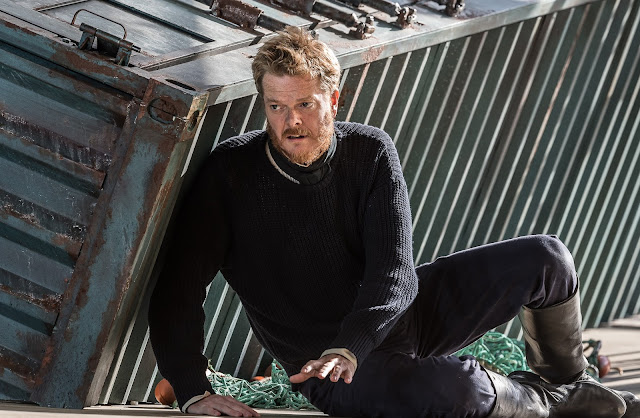Scriabin, Stockhausen; Vanessa Benelli Mosell; Decca
Reviewed by Robert Hugill on Jun 17 2016
Star rating:
Contrasting combination of musics by two 20th century visionaries
Vanessa Benelli Mosell is a young Italian pianist who has won acclaim with her performances of the music of Karlheinz Stockhausen, a composer with whom she studied. On this new disc, a follow up to her [R]evolution disc on Decca, she performs Stockhausen's Klavierstuck XII alongside Scriabin's 24 Preludes Op.11, Trois Morceau Op.2 and Etude Op.8, No. 12.
Reviewed by Robert Hugill on Jun 17 2016
Star rating:
Contrasting combination of musics by two 20th century visionaries
Vanessa Benelli Mosell is a young Italian pianist who has won acclaim with her performances of the music of Karlheinz Stockhausen, a composer with whom she studied. On this new disc, a follow up to her [R]evolution disc on Decca, she performs Stockhausen's Klavierstuck XII alongside Scriabin's 24 Preludes Op.11, Trois Morceau Op.2 and Etude Op.8, No. 12.
Scriabin's 24 Preludes Op.11 were written over a period of eight years (from 1888 to 1896) and were one of the composer's first published works. The pieces were not written sequentially, and Scriabin wrote them in various places during his travels. The work came about originally thanks to a challenge from his patron Mitrofan Beliaiev who published the Op.11 preludes in 1897. Scriabin took Chopin's preludes as his model and like Chopin, Scriabin's preludes cover all 24 major and minor keys and they follow the same key sequence: C major, A minor, G major, E minor, D major, B minor and so on, alternating major keys with their relative minors, and following the ascending circle of fifths.
Vanessa Benelli Mosell feels that the preludes are a good introduction to the music of Scriabin, saying that 'it is essential to know it and to listen to it before exploring further subsequent music by Scriabin'.
The preludes are not, however, straightforward though the fact that each is short means that the music is quickly apprehended.











































